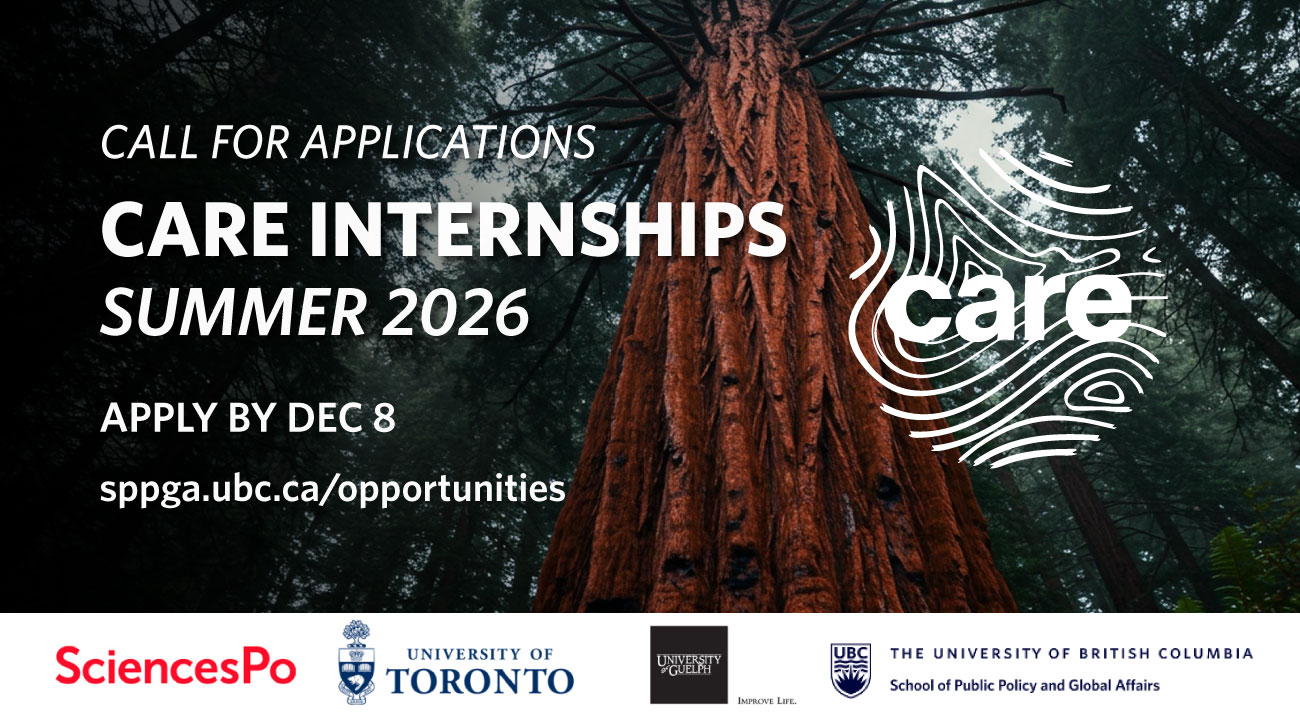Armed conflict in the early 21st century tends to be asymmetrical and protracted, fought by an array of armed groups on both physical and political battlefields, and causing disproportionate suffering and death to civilians. The Edges of Conflict Project worked to better understand the nature of such conflict and to improve respect for the rule of law in complex security environment. The project was launched in 2007 as an innovative partnership between the Canadian Red Cross and the Centre of International Relations, Liu Institute for Global Issues, at the University of British Columbia, funded by Canada’s Department of Foreign Affairs and Department of National Defence. The project aims to provide relevant and innovative policy solutions to some of the key problems faced in modern day armed conflicts.
Read the full On the Edges of Conflict Conference Report.
Gone are the days when armed conflict was contested between relatively evenly-matched professional armies of sovereigns, under the command of gentlemen generals – if such a romanticized view of war ever truly existed. The archetypical armed conflict of the early 21st century is asymmetrical and protracted, fought by an array of armed groups on both physical and political battlefields, and causes disproportionate suffering and death to civilians.
Through consultation with several leading experts, four priority research areas were identified for the project:
- The rise of non-state armed groups, and whether or not reciprocity is a useful tool for increasing compliance with international humanitarian law (IHL) among these groups;
- The increased use of private military and security companies to confront rising incidences of violence against humanitarian aid personnel, and the parameters of operation should these companies be used;
- The concept of “humanitarian space” and the need to articulate alternative principles for the delivery of humanitarian aid, which is increasingly being delivered by military actors and inter-governmental agencies; and lastly,
- The rise of endemic urban violence – sustained and organized violence that may not fall under the traditional definition of armed conflict.
At the On the Edges of Conflict conference in Vancouver, British Columbia, March 29-31 2009, experts from across Canada, Switzerland, Uganda, Sierra Leone, the United States and the United Kingdom shared their current research and views on each of these priority areas. More specifically, experts were asked to identify any gaps or challenges in the implementation and enforcement of the applicable legal regime, as well as offer recommendations to address the most pressing challenges. The conference also included a special panel on Afghanistan as a case study of a complex humanitarian and security environment. The On the Edges of Conflict Conference Report contains a summary of each of the five panels and highlights the key findings.
Since March 2009, conference participants and other international experts have completed a total of 17 papers that further explore the conference themes. These papers have been subject to an internal peer-review process and compiled into a full manuscript. This manuscript for an edited volume will be submitted for external peer-review and publication consideration by UBC Press. Our aim is that this book, tentatively titled Edges of Conflict: Non-State Actors, Contemporary Conflict and International Humanitarian Law will be a lasting and in-depth contribution to the progressive development of international humanitarian law once it is published (estimated in 2011).
In addition, four concrete policy-relevant documents will be developed as part of the next phase of activities in 2009-10:
- Statement of principles to enhance compliance of non-state armed groups with international humanitarian law;
- Written submission and commentary on the Draft U.N. International Convention on the Regulation, Oversight and Monitoring of Private Military and Security Companies (dated July 2009) to the U.N. Office for High Commissioner for Human Rights, Working Group on Mercenaries;
- Principles for the delivery of humanitarian assistance in modern armed conflicts, which involve a multiplicity of actors, to ensure maximum benefit to civilians; and,
- International policy framework for preventing and mitigating the harmful effects of endemic urban violence.
The Canadian Red Cross and the Liu Institute for Global studies wish to thank the Department of Foreign Affairs and the Department of Defense for their continued financial contributions.
For more information, contact UBC Professors Benjamin Perrin and Professor Brian Job.


